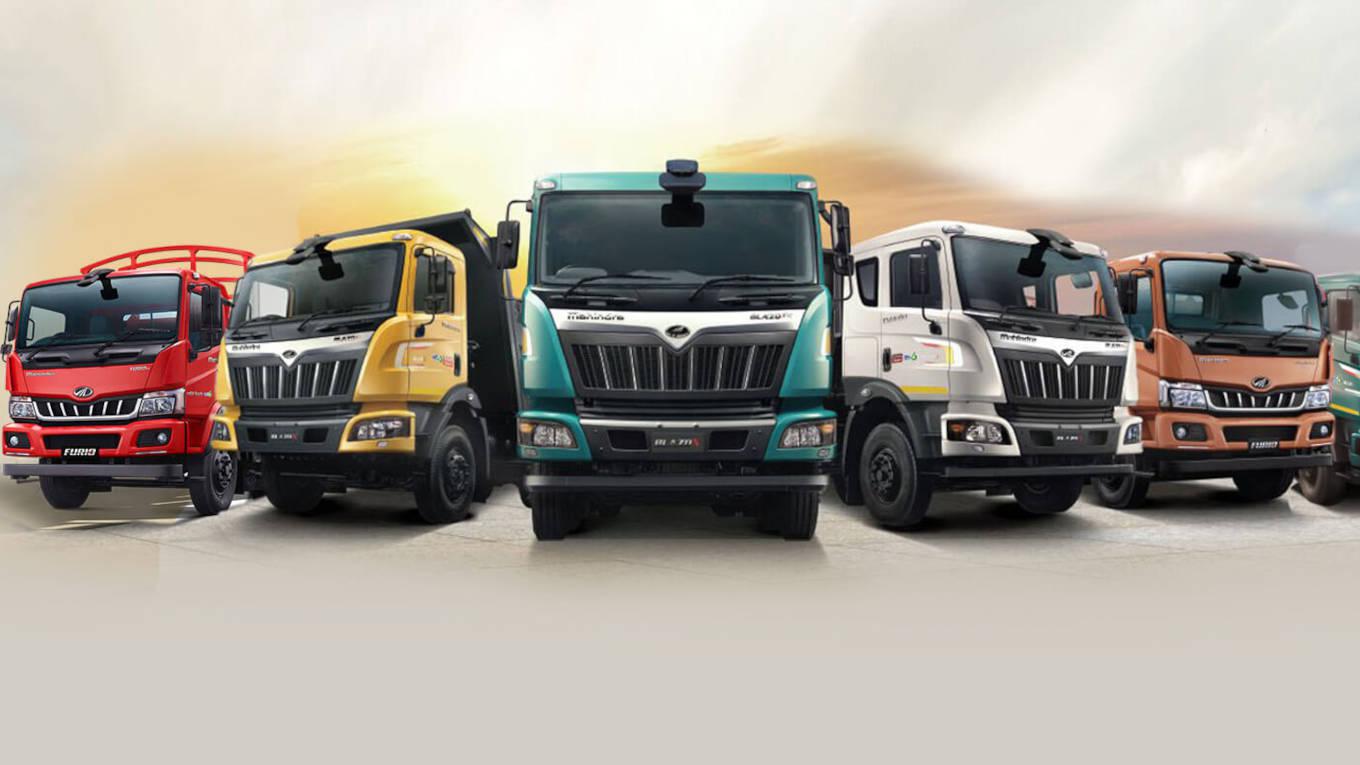Coming events cast their shadows before them – so goes an old adage. It requires a dive-down the time machine to comprehend fully the implication of this one move many summers ago. In 2008, international private equity player Goldman Sachs made an initial investment of about Rs100 crore, picking up a ‘minority stake’ in TVS Logistics, one of the TVS group companies. It had indeed surprised long-time watchers of the TVS group. Not just that. It had then become an intense talk of the town in the Chennai business world. That the TVS group could let one of its outfits take PE funding was unthinkable for many in this part of the business world. Much water has flown under the bridge since then. And, the larger TVS group (comprising four families) has itself gone into the pages of history, with each wing going its own way, following a formal legal separation a few years ago. Post-legal separation, a lot of action is happening at the TVS Mobility Group, which is the holding company for the businesses managed by the T.S. Rajam family members. The companies housed under TVS Mobility Group evolved from the business started by T.V. Sundaram Iyengar in 1911. TVS Mobility Group has combined annual revenue of around $3 billion in the mobility space. Its activities span across four verticals – manufacturing, supply chain solutions, auto retail and aftermarket distribution and services. In the manufacturing space, it has Sundaram Industries Private Limited (SIPL), which is diversified across three business streams: rubber, defence solutions and battery chargers. TVS Tread (Retreading & Tyre solutions), Sun TWS (industrial solid tyre), TVS Defence Solutions and Sirius Controls (battery chargers) also form part of Sundaram Industries. Besides, the group has a number of manufacturing companies. They are: TVS Rubber, TVS Sri Chakra Tyres, TVS Sensing Solutions, SI Air Springs, TVS Argomm, TVS Mobility, filling the auto retail space (vehicle distribution) and Ki Mobility Solutions (operating in the automotive aftermarket space). Yet, TVS Supply Chain Solutions (formerly TVS Logistics) is the flagship company of the TVS Mobility group. TVS Supply Chain Solutions is the first company in the TVS Mobility group to go public in the post-separation (legally) era. The last public issue in the erstwhile TVS group (comprising four families) happened over three decades ago! Mitsubishi picks up stake The TVS Mobility Group has hit the headlines yet again when it roped in Mitsubishi Corporation of Japan to put in place a brand-new joint venture under the name and style of TVS Vehicle Mobility Solution Private Ltd. (TVS VMS). The joint venture was formed by transferring the automobile dealership business of TVS Mobility Private Ltd. into it. Mitsubishi has picked up a 32 per cent stake in TVS VMS by investing about Rs300 crore. This has put the valuation of the JV at around Rs1,000 crore. The dealership business of TVS Mobility is among the largest in the country with over 150 outlets distributing vehicles of Honda, Renault, Ashok Leyland, Mahindra and also the mining and construction equipment makers. The objective of the JV is to establish a comprehensive vehicle mobility ecosystem in India. The JV is expected to offer a complete portfolio of services to its customers, and herald a transformation in the Indian automotive landscape.
-

The objective of the JV is to establish a comprehensive vehicle mobility ecosystem in India



































